Why New Year’s Resolutions Usually Fail (And What That Says About the Unconscious)
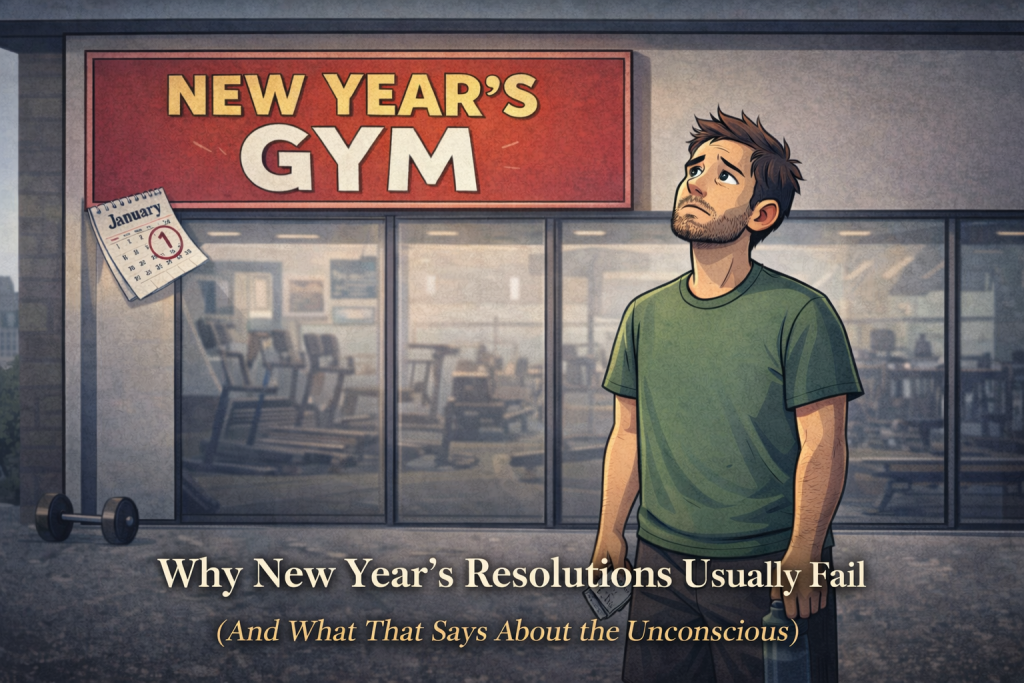
By Dr. Mitch Keil Every January, the same ritual repeats itself. Gym memberships spike. Productivity apps get downloaded. Promises are made—to wake earlier, drink less, work harder, finally “get it together.” And then, quietly, almost predictably, it falls apart. By mid-January or early February, most resolutions are abandoned. What follows isn’t neutrality—it’s usually shame. “I lack […]
When Love Isn’t Enough: A Hard Truth for Parents of Adult Children in Crisis

A reflection in the wake of the Rob Reiner family tragedy The recent and devastating murder within Rob Reiner’s family has shaken a lot of people—not just because of who he is, but because of what it represents. This wasn’t just a “celebrity tragedy.”It was a family tragedy that echoes quietly in thousands of homes […]
Why Validation Never Feeds You: The Difference Between Being Seen and Being Admired
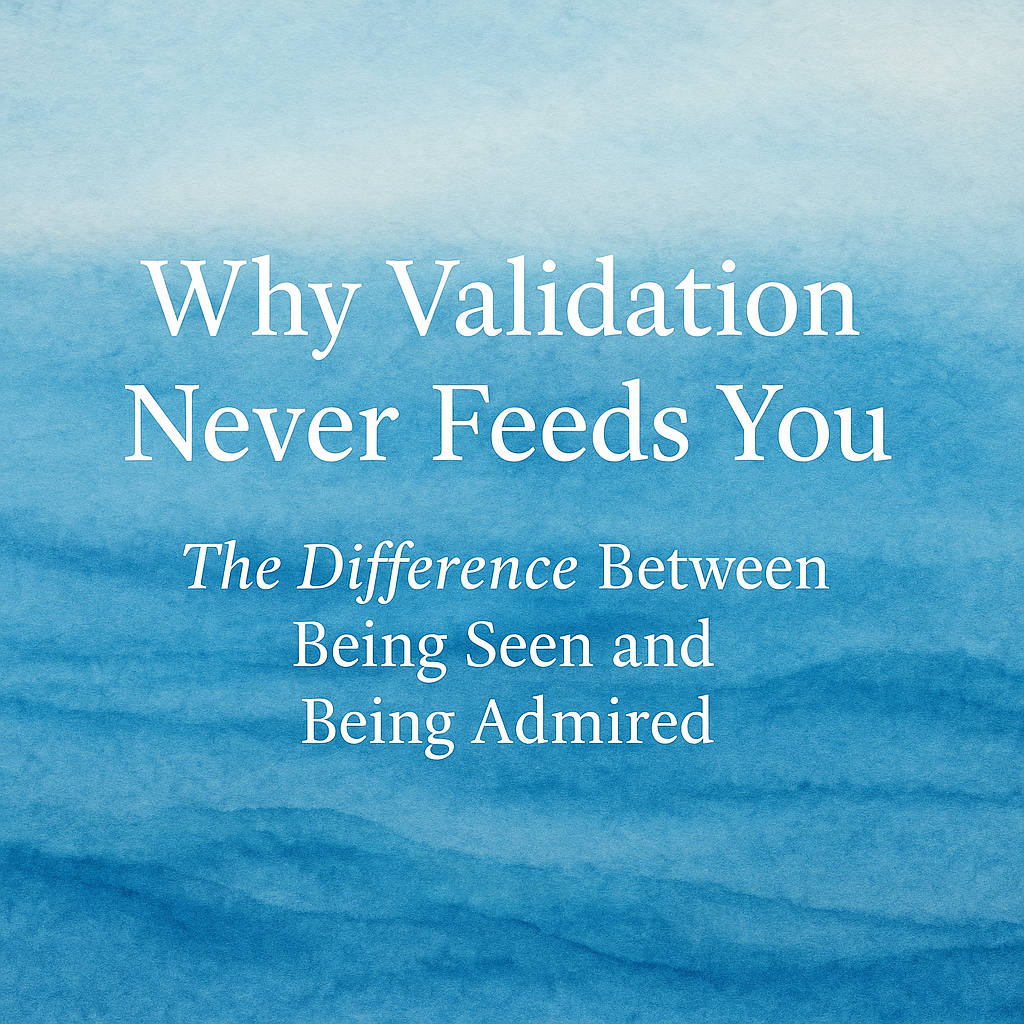
Walk down any street, scroll any feed, sit in any therapy room, and you can feel it: a culture starving for something. But most people don’t know what they’re starving for. They chase likes, performance, admiration, “proof” they matter—then wonder why they still feel hollow an hour later. There’s a quiet psychological truth most of us miss: […]
Shohei Ohtani and the Inner Architecture of Mastery

By Dr. Mitch Keil Every generation produces an athlete who seems almost outside of time — someone whose talent feels both effortless and strangely inevitable. Shohei Ohtani has become that figure for baseball. We look at him and see the numbers, the power, the two-way dominance. But beneath the spectacle is a quieter story: the […]
The E-Bike Generation: Chasing the Rush Without the Ride

By Brandon Shapiro, AMFTTherapist in Newport Beach, CA Along the boardwalks and coastal streets of Newport Beach, a new rhythm has taken hold. You can hear it before you see it — the soft hum of electric bikes weaving through the salt air, groups of teens flying by with wind in their hair and earbuds […]
The Mind–Body Connection: How Athletes Elevate Their Game
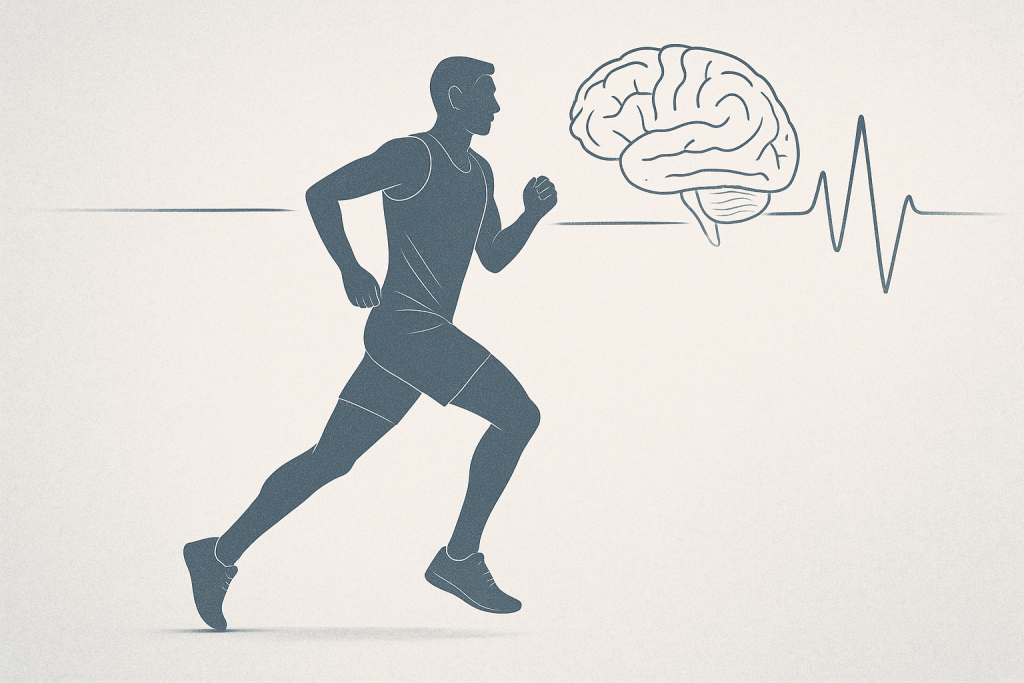
When the Body Speaks the Mind Athletes often talk about being “in the zone,” that elusive state when thought and movement fuse into one fluid rhythm. Psychologists might call it flow; mystics might call it transcendence. But underneath both is the same truth: the mind and body are never separate. Every swing, sprint, or shot […]
When the Game Turns Inward: Why Every Professional Team Needs a Therapist
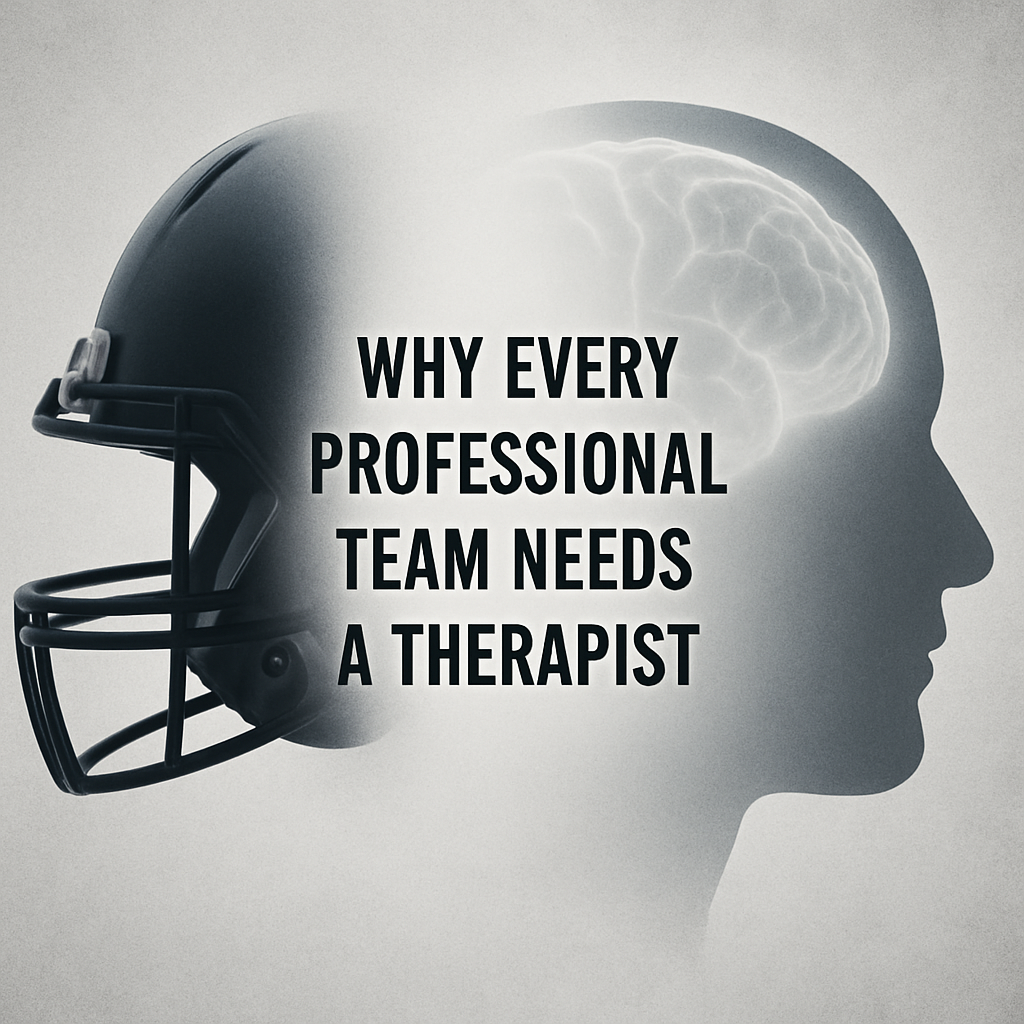
In light of Marshawn Kneeland’s tragic passing, this piece explores how professional sports can no longer afford to treat therapy as optional. Athletes need depth-trained therapists as integral members of every team—because the mind is part of the game. In light of the loss of Marshawn Kneeland When news broke of Marshawn Kneeland’s death at […]
Attraction Isn’t Random: The Psychology of Who We Want
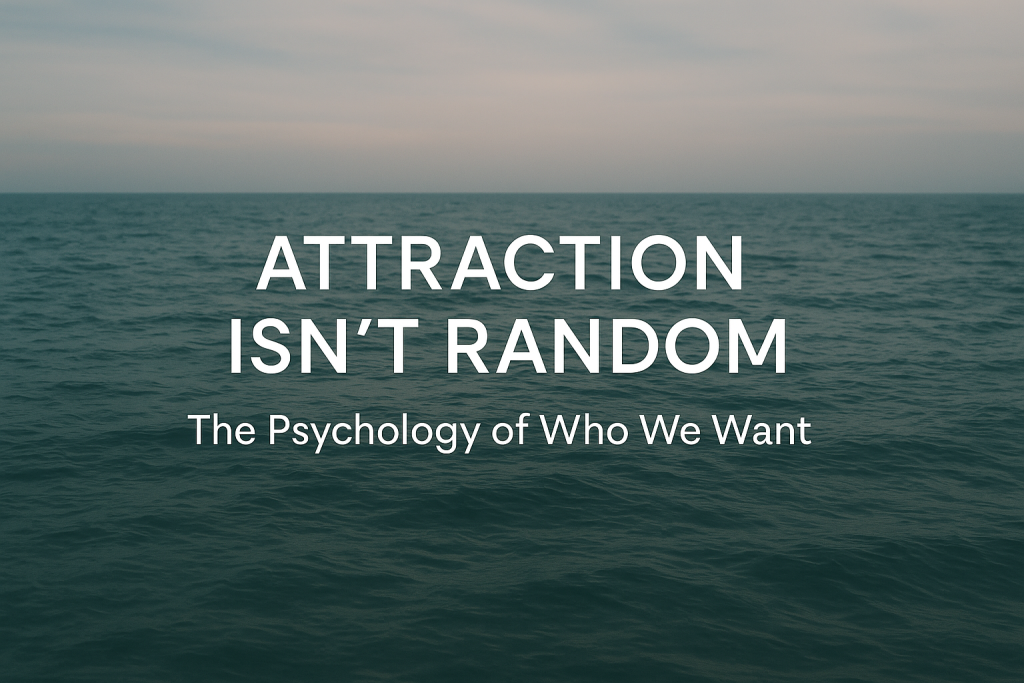
We like to think attraction is a matter of chemistry or fate — that certain people just “click” with us for mysterious reasons. But beneath that spark lies something more complex: an emotional blueprint we’ve been carrying for years. From the moment we enter the world, we start learning what love feels like — how […]
Beyond CBT: The Psychodynamic Approach to Real Change
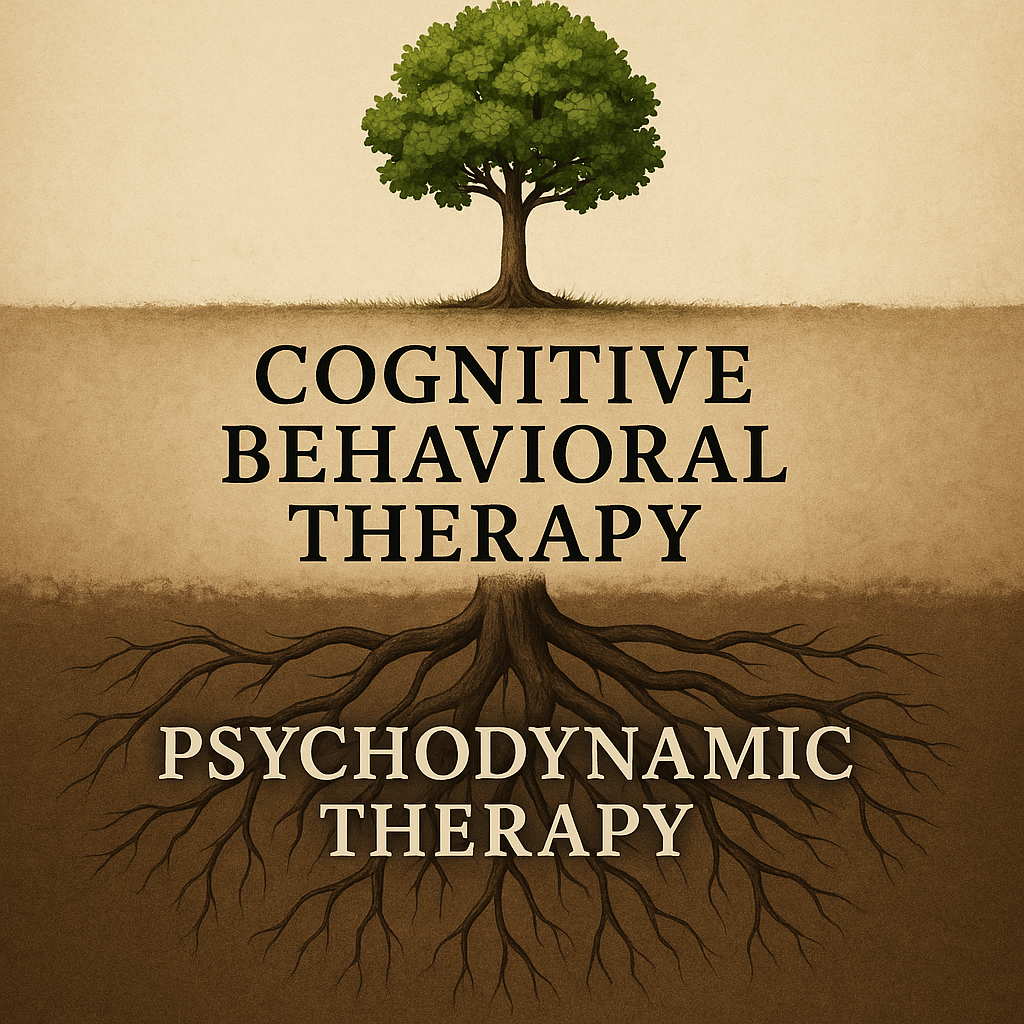
Cognitive Behavioral Therapy (CBT) has become the modern gold standard of talk therapy—brief, structured, and aimed at managing symptoms. It teaches you to identify and challenge negative thoughts, to “reframe” distorted beliefs, and to change how you behave in response. It’s practical, efficient, and can bring real relief. But here’s the deeper truth: CBT, on […]
Obsessive and Compulsive Personalities: A Psychodynamic Perspective
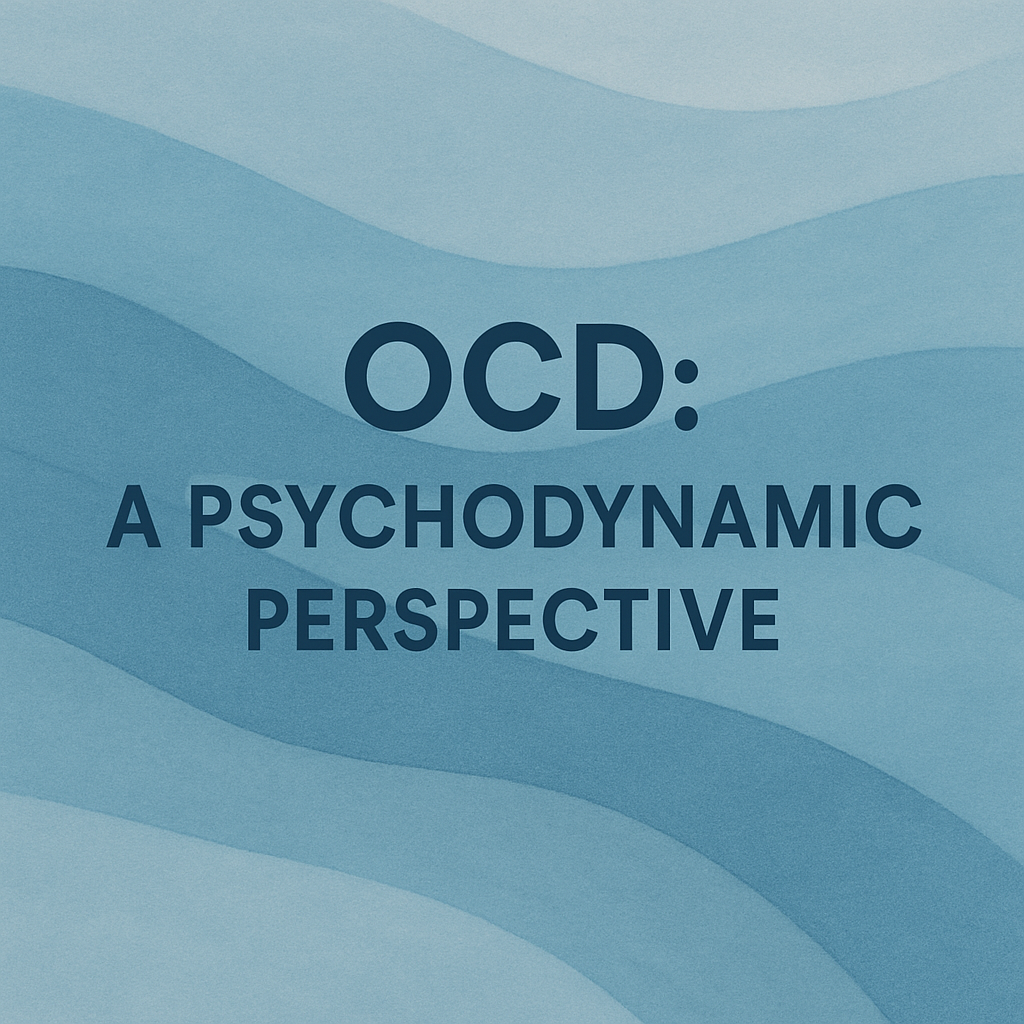
We all know people who seem to live by lists, rules, and rituals. They’re reliable, conscientious, and often deeply caring—yet something about their inner world feels tightly wound, as if emotion itself were a dangerous mess to be cleaned up. Psychodynamically, obsessive and compulsive personalities grow out of an early struggle to manage feelings of […]
